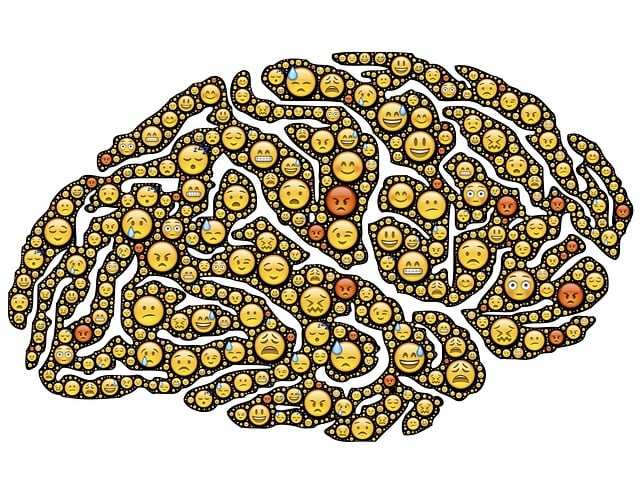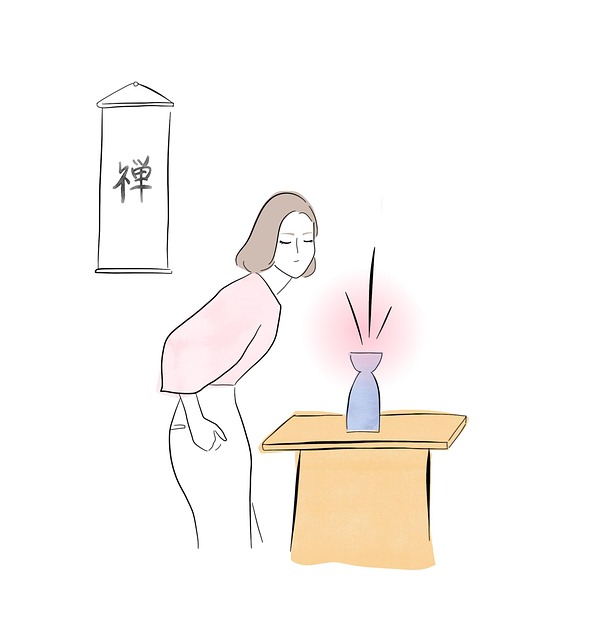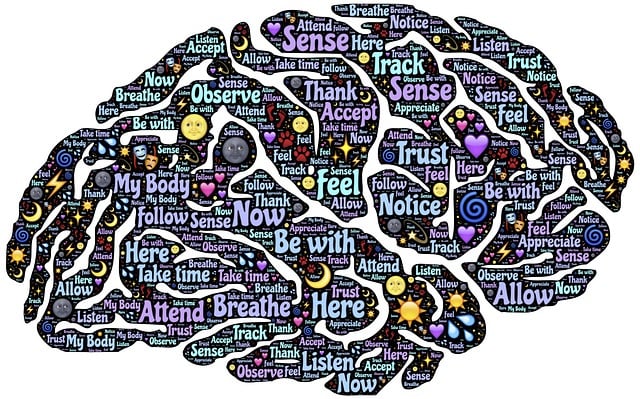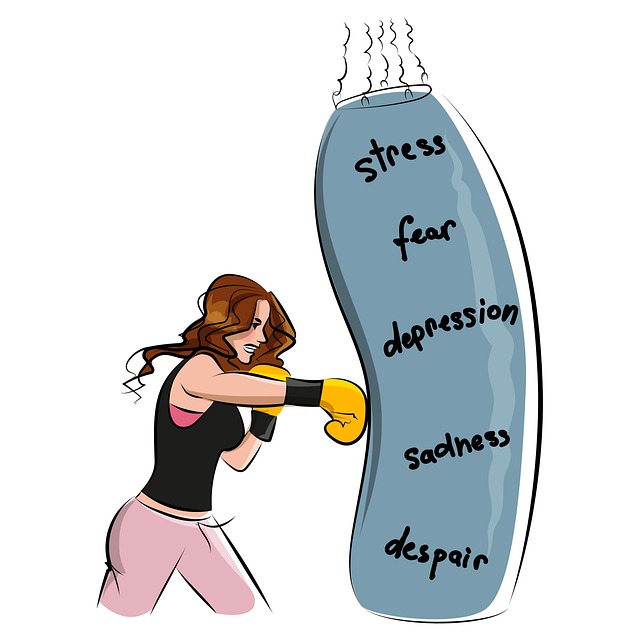Mental wellness group facilitation for young children is a powerful, peer-supported approach addressing emotional and behavioral challenges. Unlike individual therapy, these groups create safe spaces for kids to learn coping strategies, improve self-esteem, communication skills, and stress management. Facilitators build trust, encourage active participation through engaging activities, and promote open dialogue, integrating Risk Management Planning concepts. These sessions also help parents gain insights into their child's emotional landscape, improving couples communication and strengthening family bonds while addressing therapy for young children and couples communication issues. Effective communication in couples therapy, enhanced by "I" statements and safe, non-judgmental environments, promotes self-esteem improvement and positive thinking in both partners and young children involved.
Mental wellness group facilitation plays a pivotal role in fostering resilience and emotional well-being. This article explores three key areas of expertise, offering insights into effective strategies for professionals. We delve into Understanding Mental Wellness Group Facilitation for Young Children, uncovering techniques to enhance Couples Therapy communication, and providing solutions for managing group session challenges. By exploring these sections, readers gain practical tools to create safe, supportive environments, thereby enhancing therapeutic outcomes for diverse populations.
- Understanding Mental Wellness Group Facilitation for Young Children
- Techniques to Enhance Communication in Couples Therapy
- Overcoming Issues: Strategies for Effective Group Session Management
Understanding Mental Wellness Group Facilitation for Young Children

Mental wellness group facilitation tailored for young children is a specialized approach that leverages the power of peer support and shared experiences to address emotional and behavioral challenges. Unlike individual therapy, which focuses on one-on-one interactions, group sessions create a safe and supportive environment where kids can learn from each other’s strengths while developing coping strategies. This dynamic fosters improved self-esteem, enhanced communication skills, and better stress management—crucial aspects of mental wellness for young individuals.
Effective facilitation involves cultivating an atmosphere of trust and respect, encouraging active participation through engaging activities, and promoting open dialogue. By integrating concepts from Risk Management Planning for Mental Health Professionals, facilitators can guide sessions that not only tackle immediate concerns but also empower children to build inner strength. Moreover, these groups often serve as platforms for parents or caregivers to gain insights into their child’s emotional landscape, fostering better couples communication issues resolution and strengthening family bonds.
Techniques to Enhance Communication in Couples Therapy

Effective communication is a cornerstone in couples therapy, particularly when addressing issues related to mental wellness. Facilitators can employ several techniques to enhance this process. One powerful method is encouraging active listening where each partner takes turns expressing their feelings and thoughts without interruption. This simple yet profound practice allows for deeper understanding and empathy.
Additionally, promoting open dialogue by creating a safe and non-judgmental environment is vital. Therapists can guide couples in using “I” statements to express personal feelings, avoiding accusatory language. This approach encourages self-esteem improvement and fosters positive thinking. By integrating communication strategies tailored for young children, if applicable, therapists can facilitate even more productive sessions, ensuring every voice is heard and respected.
Overcoming Issues: Strategies for Effective Group Session Management

Effective group session management is key to overcoming issues and fostering a supportive environment for mental wellness. Facilitators play a crucial role in guiding discussions and ensuring every member feels heard. One powerful strategy involves active listening, where facilitators pay close attention to each participant’s unique perspective, validating their feelings, and encouraging open communication. This technique not only enhances coping skills development but also strengthens the bond among group members, creating a safe space for vulnerability.
Additionally, incorporating tailored activities and exercises can significantly impact session management. For instance, role-playing scenarios help individuals practice healthy communication strategies, especially those struggling with couples’ communication issues. By using creative methods like storytelling or art therapy, facilitators cater to diverse learning styles, making sessions engaging and impactful. These approaches not only address specific challenges, such as therapy for young children, but also promote cultural competency training by fostering understanding and empathy within the group.
Mental wellness group facilitation is a versatile tool that can significantly enhance therapy outcomes, particularly for young children and couples facing communication issues. By understanding the unique needs of these groups, facilitators can employ techniques to foster open dialogue and create a safe space. Overcoming challenges in session management is key to ensuring every participant feels heard and supported, ultimately revolutionizing the therapeutic experience for both young minds and relationships.














